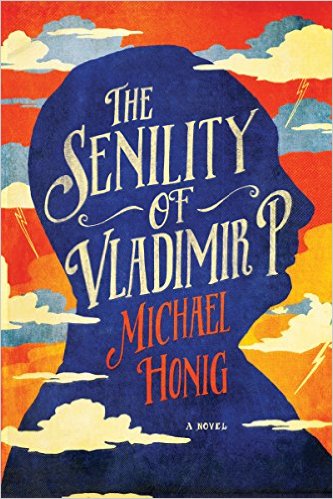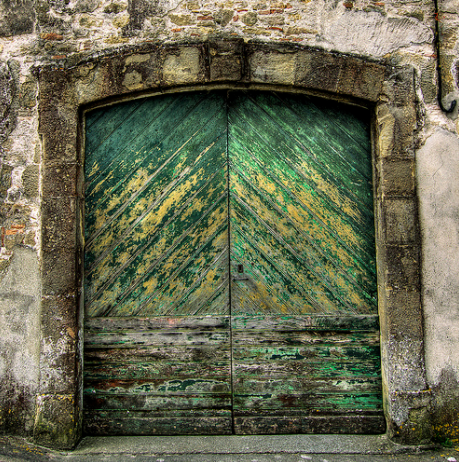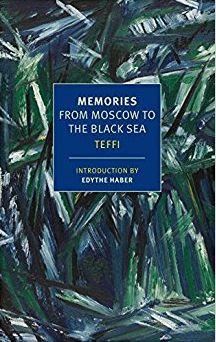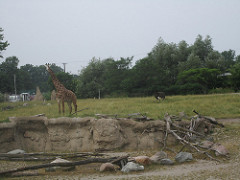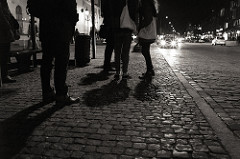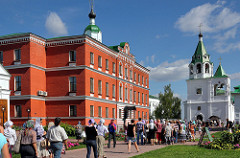By MICHAEL HONIG
Reviewed by OLGA ZILBERBOURG
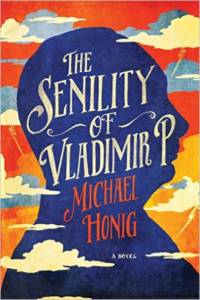
Nikolai Sheremetev, the protagonist of British novelist’s Michael Honig’s second book, is a Moscow nurse. For six years, he’s been looking after a private patient suffering from dementia. The patient’s condition is deteriorating. Prior to his illness, Vladimir P. had been a president of Russia. After his confusion grew and he could no longer hold his own in public, he was quietly replaced by a member of his team and sent into retirement to a private estate near Moscow. As Vladimir’s mental acuity deteriorated, Sheremetev became the single point of contact between him and the outside world. Sheremetev manages his daily schedule, his medications, his rare outings.
